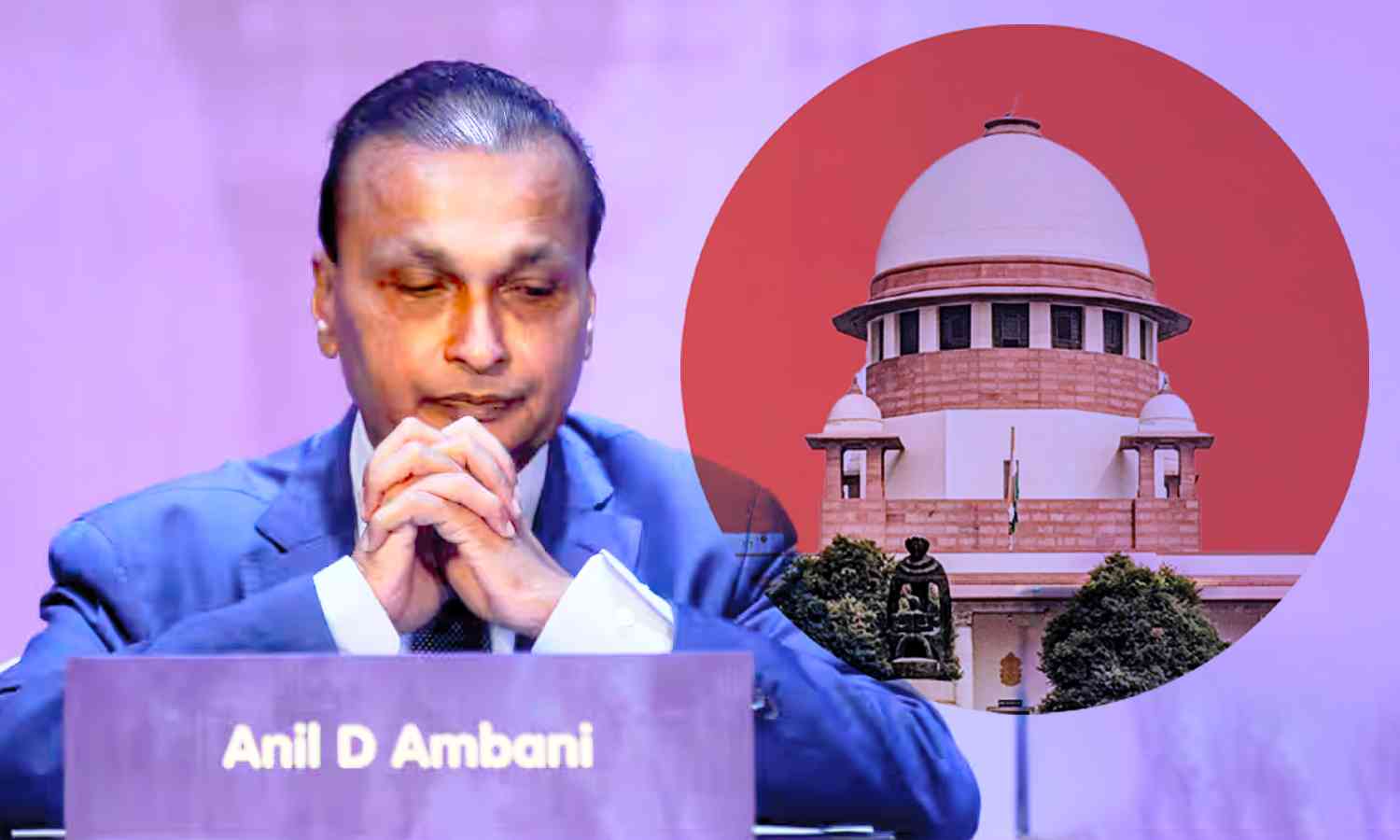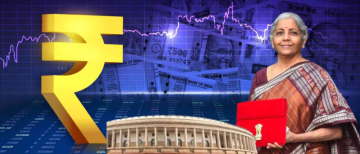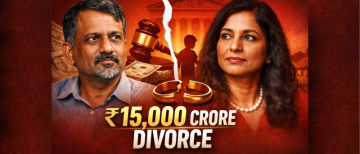Anil Ambani: A Tale of Setbacks and Struggles
In the pages of economic history, few narratives are as striking as the rise and fall of Anil Ambani. Once hailed as the sixth wealthiest individual on the global stage, commanding a staggering net worth of $42 Billion back in 2008, Ambani's trajectory has since taken a dramatic turn, marred by a succession of adversities. The most recent blow to Anil’s fortunes manifests in the form of a judicial verdict from the highest echelons of India's legal system. The Supreme Court's decision to nullify an INR 8,000 crore arbitral award, previously granted in favour of a company within his conglomerate, serves as the latest chapter in Ambani's tale of woe. This legal setback arrives at a particularly precarious juncture for Ambani's business empire, notably for entities such as Reliance Infrastructure, which find themselves grappling with acute liquidity challenges and navigating the labyrinth of debt restructuring.
What emerges from this saga is a stark portrayal of the fragility inherent in even the most towering edifices of economic prowess. Ambani's precipitous descent from the pinnacles of wealth and influence underscores the capricious nature of financial fortunes, as well as the formidable obstacles that confront even the most formidable titans of industry. As observers ponder the implications of Ambani's travails, it prompts reflection on the ephemeral nature of prosperity and the imperative of resilience in the face of adversity. In essence, the saga of Anil Ambani serves as a cautionary tale, reminding us of the inherent volatility of economic fortunes and the imperative of vigilance in navigating the treacherous currents of financial markets. As Anil Ambani grapples with the fallout of legal setbacks and financial woes, his journey epitomises the age-old adage: that in the arena of commerce, fortunes can swiftly rise, but they can just as swiftly plummet.
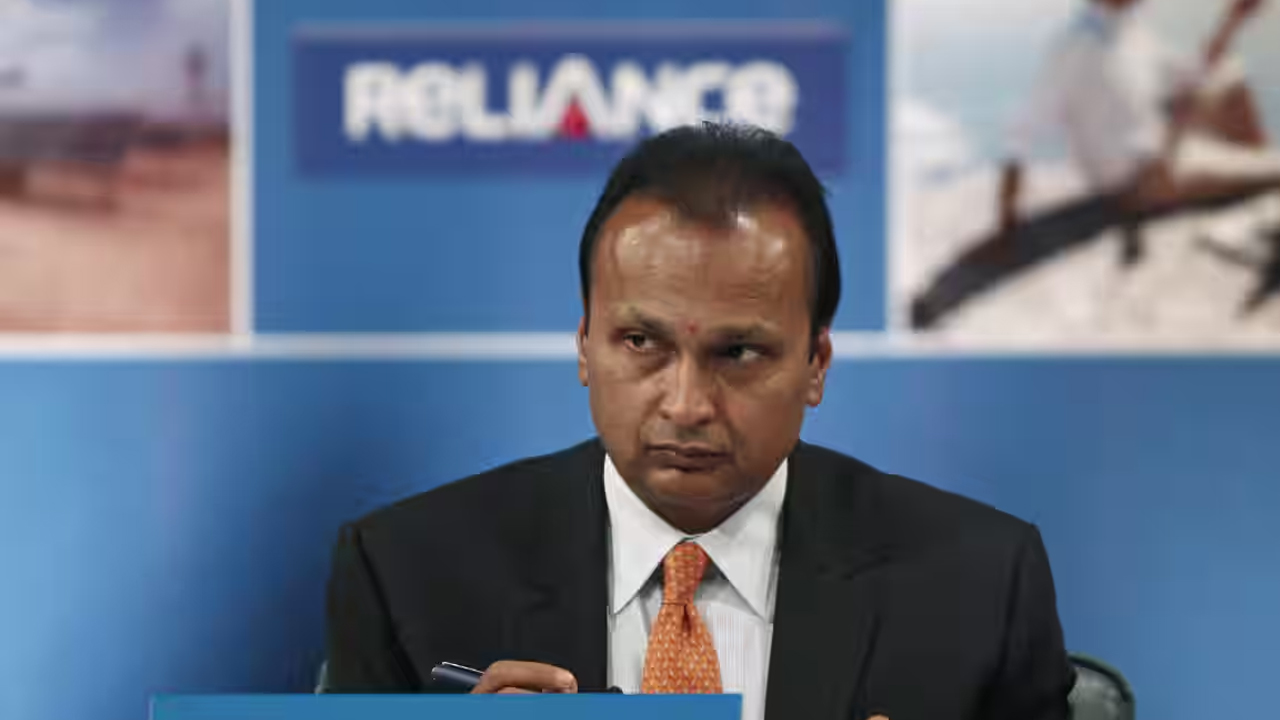
Legal Quagmires & The Unravelling of Financial Fortunes
In a legal saga fraught with implications, the recent pronouncement by India's Supreme Court serves as a pivotal moment in the ongoing dispute between Delhi Airport Metro Express Pvt. Ltd. (DAMEPL) and the Delhi Metro Rail Corporation. The genesis of this legal imbroglio can be traced back to a concession agreement inked in 2008, a pact between DAMEPL, a subsidiary under the aegis of Reliance Infrastructure, and the Delhi Metro Rail Corporation. The crux of the matter lies in the Supreme Court's directive on 10th April, nullifying an arbitral award that previously favoured DAMEPL. The court's ruling mandates the refund of all funds disbursed by the Delhi Metro Rail Corporation, amounting to a staggering sum nearing Rs 3,300 crore. This seismic legal pronouncement not only reverberates through the corridors of justice but also sends shockwaves through the financial echelons, bearing significant implications for the stakeholders involved.
Amidst this legal maelstrom, Reliance Infrastructure, the parent company overseeing DAMEPL's affairs, sought to assuage investor concerns. In a clarifying disclosure to the stock exchange, Reliance Infrastructure affirmed that the Supreme Court's decision does not levy any direct liability on the conglomerate. However, the spectre of financial turbulence looms large, casting a pall of uncertainty over the future trajectory of Reliance Infrastructure and its subsidiaries.
The confluence of legal wrangling and financial ramifications underscores the intricate interplay between the realms of jurisprudence and commerce. As the legal battle rages on, the financial fallout remains a pressing concern, with stakeholders anxiously monitoring developments. In this crucible of legal contention and fiscal jeopardy, the implications extend far beyond the courtroom, resonating across boardrooms and balance sheets alike.
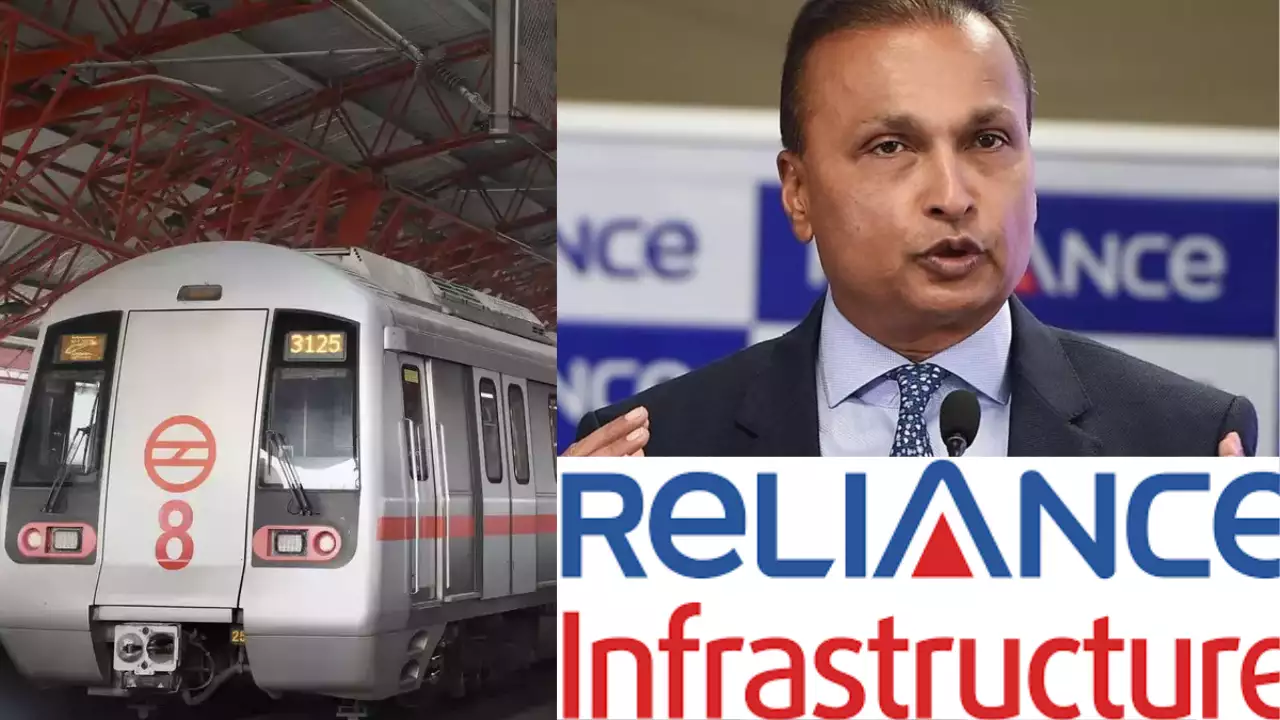
In a decisive legal manoeuvre, the Supreme Court has nullified an arbitral award, pivoting the spotlight onto Delhi Airport Metro Express Pvt. Ltd. (DAMEPL) and its reimbursement obligation to the Delhi Metro Rail Corporation. The court's directive mandates DAMEPL to refund the substantial sum of ₹3,300 crore, previously disbursed by the Delhi Metro Rail in adherence to the now-overturned award. However, amidst the legal tumult, Reliance Infrastructure—a key player in the corporate landscape—has sought to clarify its stance. In a transparent disclosure to the stock exchange, the conglomerate has underscored that the Supreme Court's ruling does not impose any direct liability upon it. This distinction serves as a pivotal reassurance to investors and stakeholders amidst the unfolding legal saga.
Despite the seismic financial implications of the court's decision, Reliance Infrastructure's assertion of non-liability injects a degree of stability into the tumultuous terrain of legal uncertainties. As the legal landscape continues to evolve, stakeholders will keenly observe the ramifications of this nuanced legal verdict on the broader financial ecosystem.
In the intricate dance between legal rulings and corporate accountability, Reliance Infrastructure's transparent communication stands as a testament to its commitment to integrity and clarity amidst legal complexities. As the reverberations of the court's decision echo through the corridors of commerce, Reliance Infrastructure's steadfast posture provides a beacon of reassurance in uncertain times.
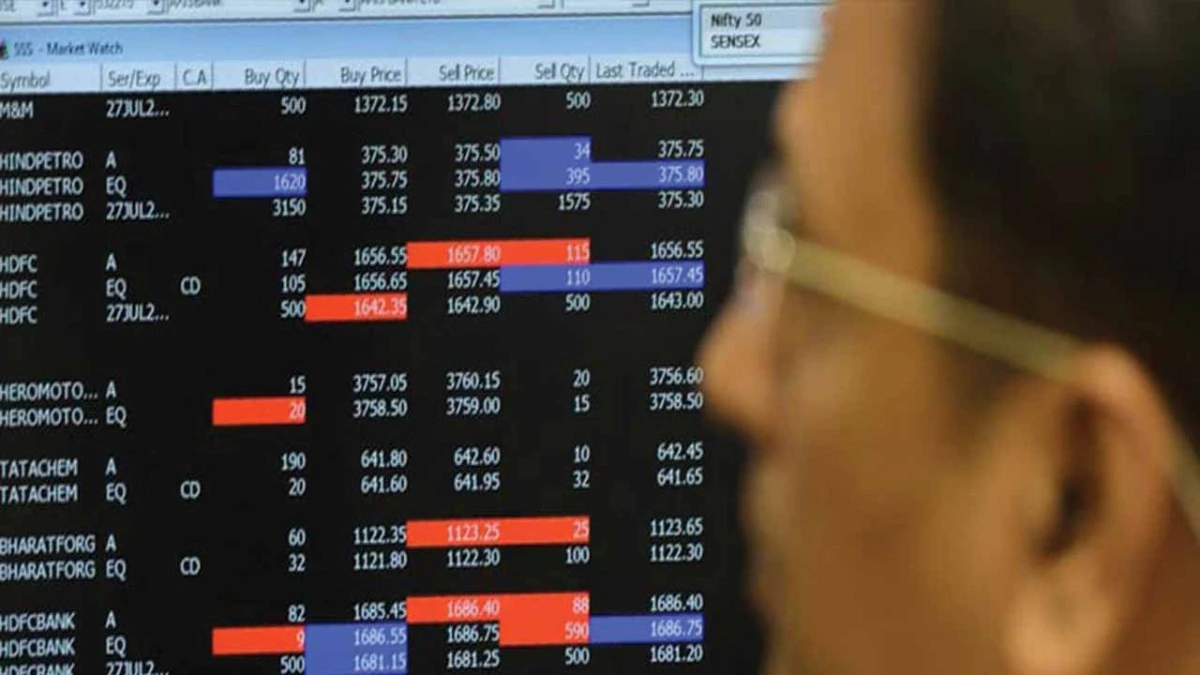
Reliance Infrastructure Clarifies Legal Stance Amidst Supreme Court Ruling
In a bid to provide clarity amidst the legal tumult following the Supreme Court's recent verdict, Reliance Infrastructure has issued a definitive statement via a stock exchange filing. The conglomerate's declaration, dated April 10, 2024, serves to dispel any ambiguity regarding its legal obligations in light of the court's pronouncement. Key to Reliance Infrastructure's clarification is the assertion that the Supreme Court's order does not levy any liability directly upon the company itself. Moreover, the filing underscores that Reliance Infrastructure has not received any funds from either the Delhi Metro Rail Corporation (DMRC) or Delhi Airport Metro Express Pvt. Ltd. (DAMEPL) pursuant to the overturned arbitral award.
Crucially, Reliance Infrastructure delineates the relationship between itself and DAMEPL, a subsidiary within its corporate umbrella. Emphasising the distinct legal identities of the two entities, Reliance Infrastructure underscores that while DAMEPL may bear the brunt of the court's directive, the liability does not extend to the parent company. This clarification serves as a pivotal reassurance to investors and stakeholders, affirming Reliance Infrastructure's steadfast commitment to transparency and corporate governance. By delineating the boundaries of legal accountability, the conglomerate seeks to allay concerns and foster clarity amidst the legal and financial complexities at play. As the legal saga unfolds and stakeholders navigate the aftermath of the Supreme Court's ruling, Reliance Infrastructure's proactive communication stands as a beacon of stability in uncertain times. In reaffirming its legal stance and delineating its obligations, the conglomerate underscores its unwavering dedication to integrity and transparency in corporate governance.

The TLDR History of Anil Ambani:
Anil's ascent to the helm of Reliance Industries, one of India's preeminent conglomerates, was catalysed by a pivotal moment in familial history. Following his father, the iconic Dhirubhai Ambani's incapacitation due to a stroke in 1986, Anil assumed the mantle of stewardship, overseeing the intricate web of Reliance's financial relationships. This marked the inception of Anil's foray into the realm of corporate governance, a role that would come to define his legacy.
However, it was the seismic event of Dhirubhai's demise in 2002 that irrevocably altered the trajectory of Anil's business journey. Alongside his elder brother, Mukesh Ambani, Anil ascended to joint leadership of the Reliance conglomerate, inheriting a legacy steeped in ambition and innovation. Yet, the contours of shared leadership soon gave way to spikes of discord, precipitating a watershed moment in Reliance's history.
In 2005, the fissure within the Ambani empire was documented as the public record of the definitive split, catalysed by irreconcilable differences over control and strategic direction. Mukesh assumed dominion over the flagship oil and petrochemicals domains, steering the course of Reliance Industries toward new horizons of growth. Meanwhile, Anil charted his own path, seizing control of nascent ventures encompassing telecommunications, power generation, and financial services through a momentous demerger.
This bifurcation heralded a new chapter in Anil's entrepreneurial odyssey, characterised by a fervent pursuit of innovation and diversification. Empowered by newfound autonomy, Anil embarked on a quest to carve a distinct niche for himself within India's corporate landscape, navigating the currents of change with resilience and resolve. In essence, Anil Ambani's business journey epitomises the interplay between legacy and ambition, familial bonds and individual aspirations.
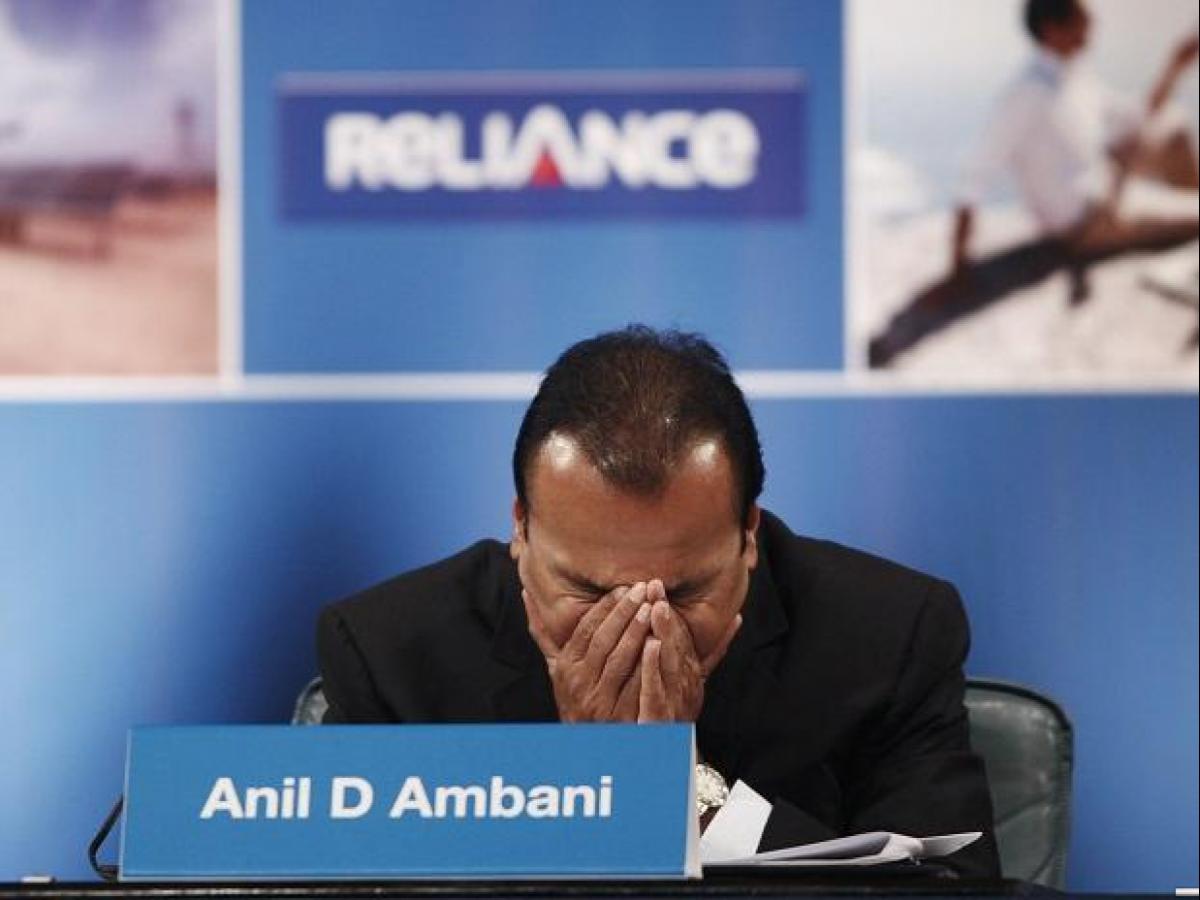
Amidst the backdrop of ambitious diversification efforts, Anil Ambani's business empire has been besieged by a litany of legal hurdles, casting a shadow over his entrepreneurial pursuits. From high-stakes courtroom showdowns to looming fears of insolvency, Anil's odyssey through the corridors of justice stands as a testament to the formidable challenges that accompany entrepreneurial ambition. The downward spiral of Anil's legal odyssey came to a head in 2019, when the Supreme Court delivered a stark ultimatum, threatening the scion with incarceration. The precipitating factor? An outstanding debt owed by his firm, Reliance Communications, to Ericsson AB's Indian arm, amounting to a staggering Rs 550 crore. With the sword of legal retribution dangling precariously overhead, Anil faced a race against time to procure the requisite funds, lest he be consigned to the confines of a prison cell.
In a dramatic turn of events, it was the magnanimity of familial bonds that emerged as the saving grace in Anil's hour of need. Mukesh Ambani, his elder brother and erstwhile business partner, stepped in as the proverbial saviour, extending a lifeline by furnishing the requisite funds at the eleventh hour. This poignant gesture underscored the complexities of sibling dynamics amidst the crucible of corporate strife, epitomising the delicate balance between rivalry and solidarity within the Ambani dynasty. One of the most pivotal setbacks in Anil's trajectory unfolded against the backdrop of the Indian heartland, where the seeds of a transformative power project were sown. The Allahabad High Court's landmark decision to quash land acquisition for a proposed power venture in Dadri, Uttar Pradesh, in 2009 dealt a significant blow to Anil's aspirations. This legal volte-face not only underscored the formidable hurdles inherent in infrastructure development but also served as a poignant reminder of the capricious nature of regulatory landscapes.
During all these legal entanglements, Anil's foray into the glitzy realm of entertainment bore witness to its own share of tribulations. Ambitious deals inked with industry titans such as Adlabs and DreamWorks held the promise of a celluloid revolution. Yet, the anticipated fruition of these collaborations failed to materialise, as the intricacies of the entertainment industry proved to be a labyrinth of challenges. The dreams of cinematic splendour collided with the harsh realities of market dynamics, underscoring the perils inherent in venturing beyond one's traditional domain of expertise. However, the legal imbroglio was but one facet of Anil's multifaceted challenges. His ventures into the realms of entertainment and defence manufacturing encountered formidable headwinds, beset by a confluence of regulatory hurdles and market exigencies. These setbacks precipitated a cascade of financial woes, plunging his companies into the abyss of insurmountable debt burdens. At the crossroads of legal battles and financial exigencies, Anil Ambani's entrepreneurial mettle faces its sternest test yet. As he navigates the treacherous currents of legal quagmires and financial vicissitudes, Anil's saga serves as a poignant reminder of the perils that accompany the pursuit of corporate ambition. Yet, amidst the adversities that beset him, Anil's resilience and fortitude stand as a testament to the indomitable spirit of enterprise that defines the Ambani legacy.
Apparently, the Hinduja Group is planning to borrow INR 4000 crores to help out Reliance Infra. But that is yet to happen, if at all, and is all speculation at this point.

